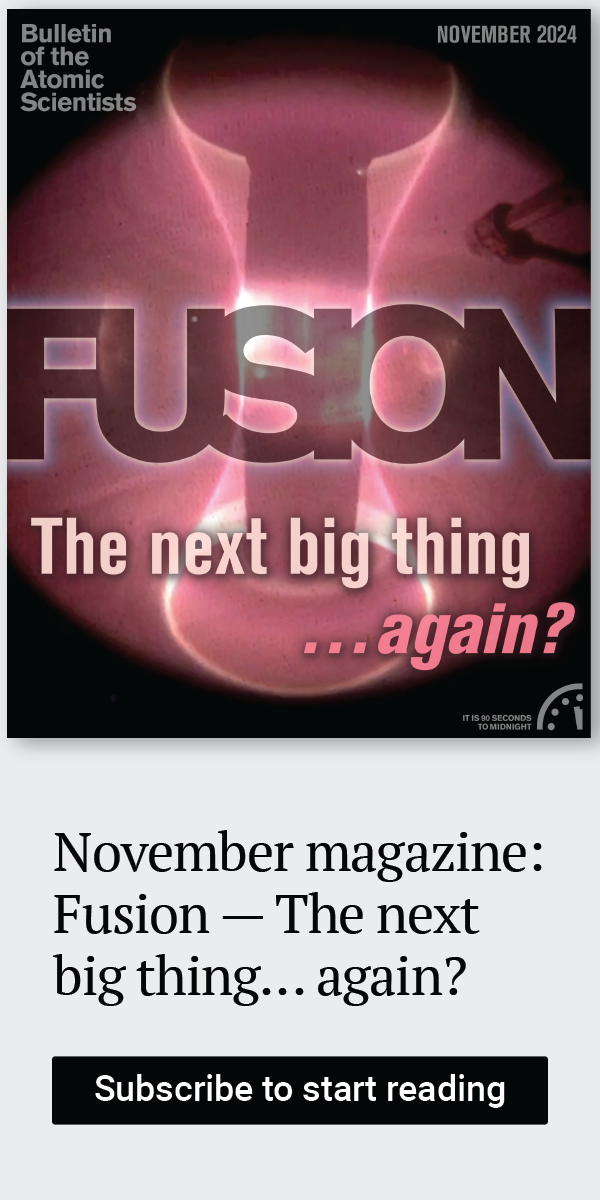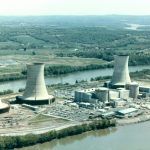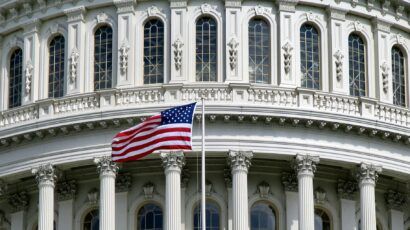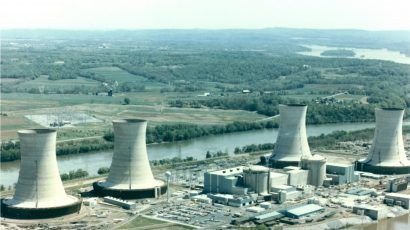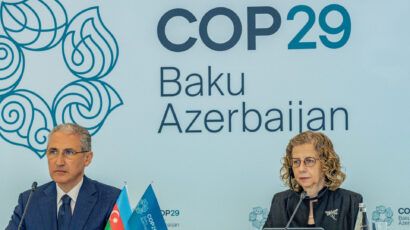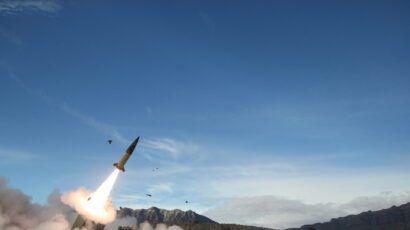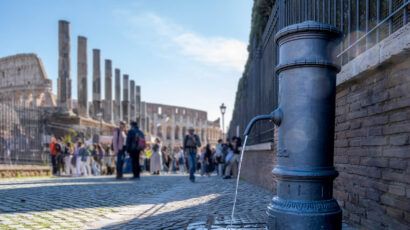Concrete steps toward North Korean nuclear dismantlement
By Yong-Sup Han | May 25, 2018
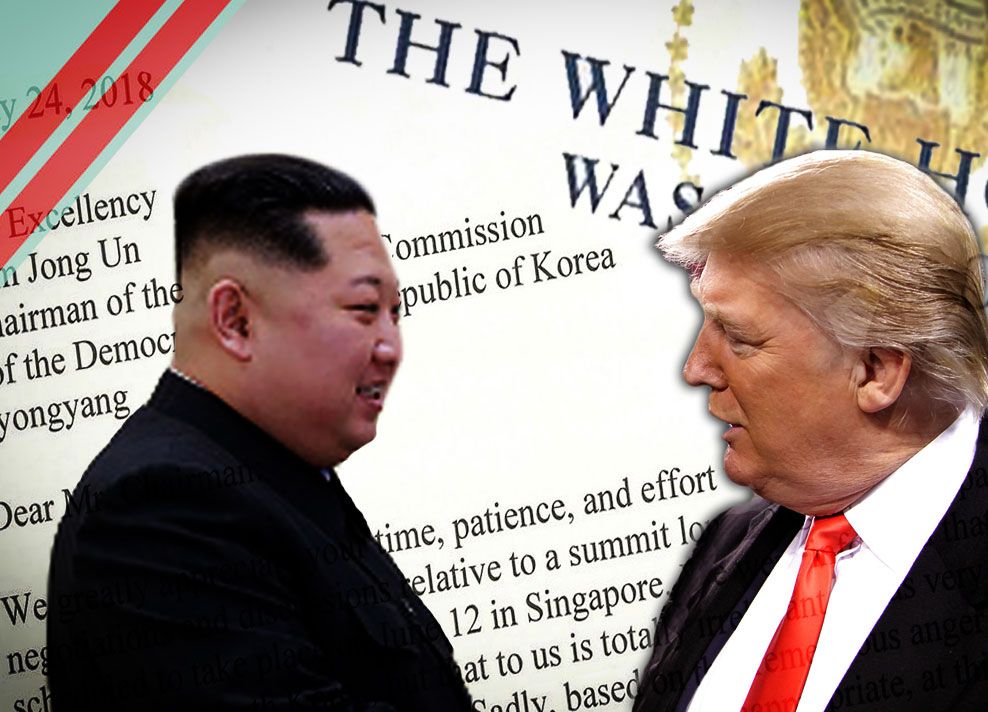
The summit between Donald Trump and Kim Jong-un, scheduled for June 12 in Singapore, is off. Even before Trump announced the meeting’s cancellation, expectations for the summit may have outpaced realistic outcomes. Now the path forward is extremely unclear. Still, considering the unpredictable leadership styles of both Kim and Trump, it isn’t inconceivable that plans for a summit could be revived. If any such summit, as well as its follow-on negotiations, are to succeed, four conditions will have to be met.
First, the United States should insist on clarity regarding North Korea’s denuclearization commitments and what Pyongyang must do to fulfill them. Past agreements have included vague statements about the “denuclearization of the Korean Peninsula.” The agreements have incorporated ambiguous, deceptive concepts of denuclearization, expressed in language such as “freeze, verifiable abandonment, shut-down, sealing, and disabling.” The United States therefore should insist that North Korea commit in the joint statement of any summit to the verifiable dismantlement of its nuclear weapons, nuclear materials, and nuclear facilities. Indeed, Washington should insist on verifiable dismantlement as the overarching goal of negotiations. If Pyongyang agrees to this commitment, the two sides would be required to hold continuous, high-level negotiations toward a comprehensive, verifiable, and irreversible dismantlement of North Korea’s nuclear capabilities, including research and development facilities.
Second, the United States should take primary responsibility for establishing a verification mechanism for the complete dismantlement of the North’s nuclear weapons program. Why? North Korea is neither a member state of the Nuclear Non-Proliferation Treaty (NPT) nor a member of the International Atomic Energy Agency (IAEA). In 1993 Pyongyang announced its intention to leave the NPT and the IAEA, and actually did so in 2003—actions unprecedented in the history of the treaty. Under previous nuclear agreements, nuclear inspections were delegated to the IAEA by the United States and other countries. North Korea, however, denied the agency access to certain sites, asserting that they were military bases and that the IAEA therefore lacked the authority to enter and inspect them. Pyongyang denied the agency access to other facilities by failing to declare them and open them to inspections. This prevented the agency from inspecting secret facilities that were critical to the North Korean nuclear program. Furthermore, North Korea sometimes expelled agency inspectors from facilities they already were monitoring.
Now that North Korea has become a nuclear-armed state, any prospective nuclear agreement would require the participation and supervision of experienced inspectors from nuclear weapon states such as the United States. One positive point is that, because North Korea dislikes the IAEA due to bad experiences in the past, Pyongyang probably would prefer American inspectors. If the North Korean leader decides to exchange nuclear dismantlement for US diplomatic normalization, Pyongyang very likely would accept direct US involvement in inspection activities to build trust and confidence. If the United States and North Korea agreed on methods for verifying the nuclear dismantlement process, Washington could call on other nations to help organize an international consortium for verification.
Third, there should be no loopholes regarding the inspection of suspicious sites or facilities, including facilities for nuclear research and development, manufacturing, fissile material production and storage, testing, nuclear weapons themselves, and military bases under North Korea’s Strategic Forces. Furthermore, research and development institutes would have to be established to absorb nuclear scientists and engineers as they transition into jobs that utilize their skills for peaceful purposes.
Fourth, the United States should consult with South Korea and Japan to work out the types of incentives and rewards that North Korea would receive in exchange for verifiable nuclear dismantlement. The scale and sequencing of incentives and rewards should be proportional to the progress of dismantlement. Progress should be ascertained through a verification process that begins with baseline inspections—that is, inspectors led by the United States would draft a complete list of inspection sites to minimize the possibility that North Korea could conceal facilities in its voluntary reporting. Those sites would then be inspected. At later stages, inspectors would conduct dismantlement inspections and close-out inspections, and also establish permanent stationary monitoring and inspections.
In such a scenario, the United States would seek to ensure that the international community did not remove sanctions until the baseline inspections were completed. Then, during the dismantlement phase, the international community would gradually start providing economic and diplomatic incentives to North Korea, in proportion to the magnitude and scale of nuclear dismantlement. If Pyongyang abandoned all its nuclear weapons and nuclear weapons facilities, North Korea would be welcomed into the international community and would be provided large-scale assistance with the development of its economy and society. However, even in this scenario, the international community should maintain a robust sanctions regime until the United States and North Korea began to implement a comprehensive nuclear dismantlement system. South Korea should link the improvement of inter-Korean relations to the progress of denuclearization. Finally, the United States and South Korea should maintain a strong posture of conventional and extended nuclear deterrence until North Korea becomes a verified non-nuclear weapon state.
Together, we make the world safer.
The Bulletin elevates expert voices above the noise. But as an independent nonprofit organization, our operations depend on the support of readers like you. Help us continue to deliver quality journalism that holds leaders accountable. Your support of our work at any level is important. In return, we promise our coverage will be understandable, influential, vigilant, solution-oriented, and fair-minded. Together we can make a difference.
Topics: Analysis, Nuclear Risk, Nuclear Weapons

